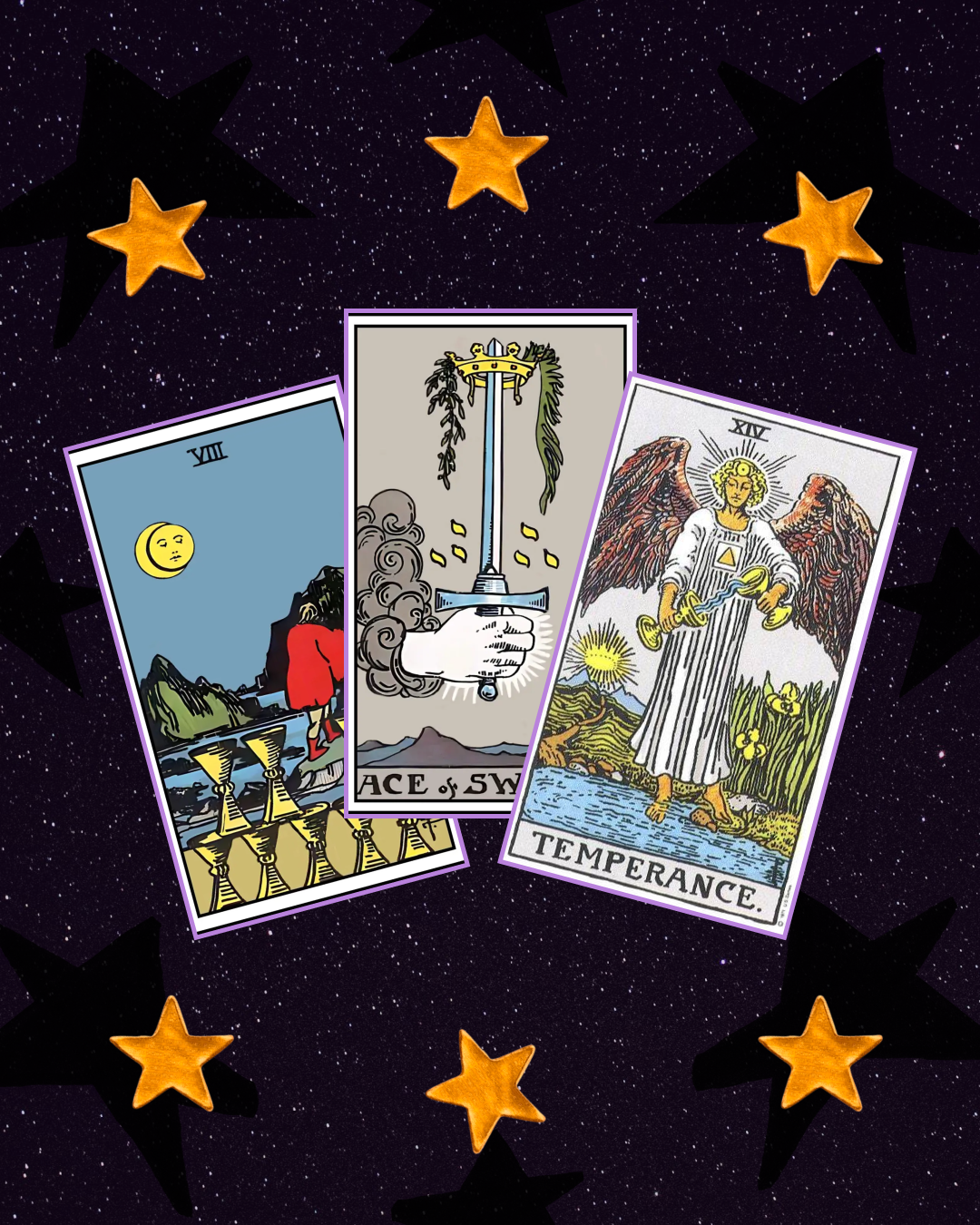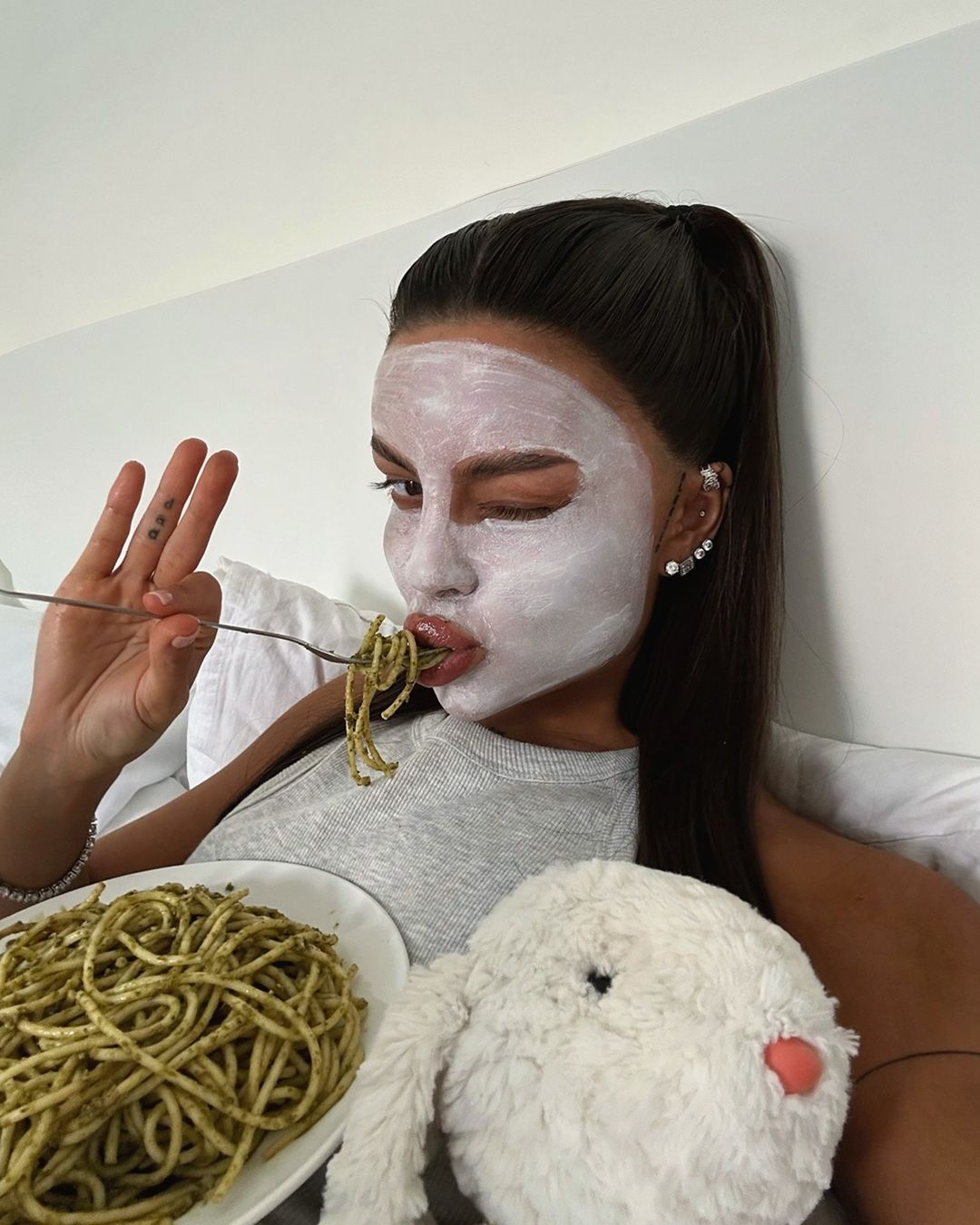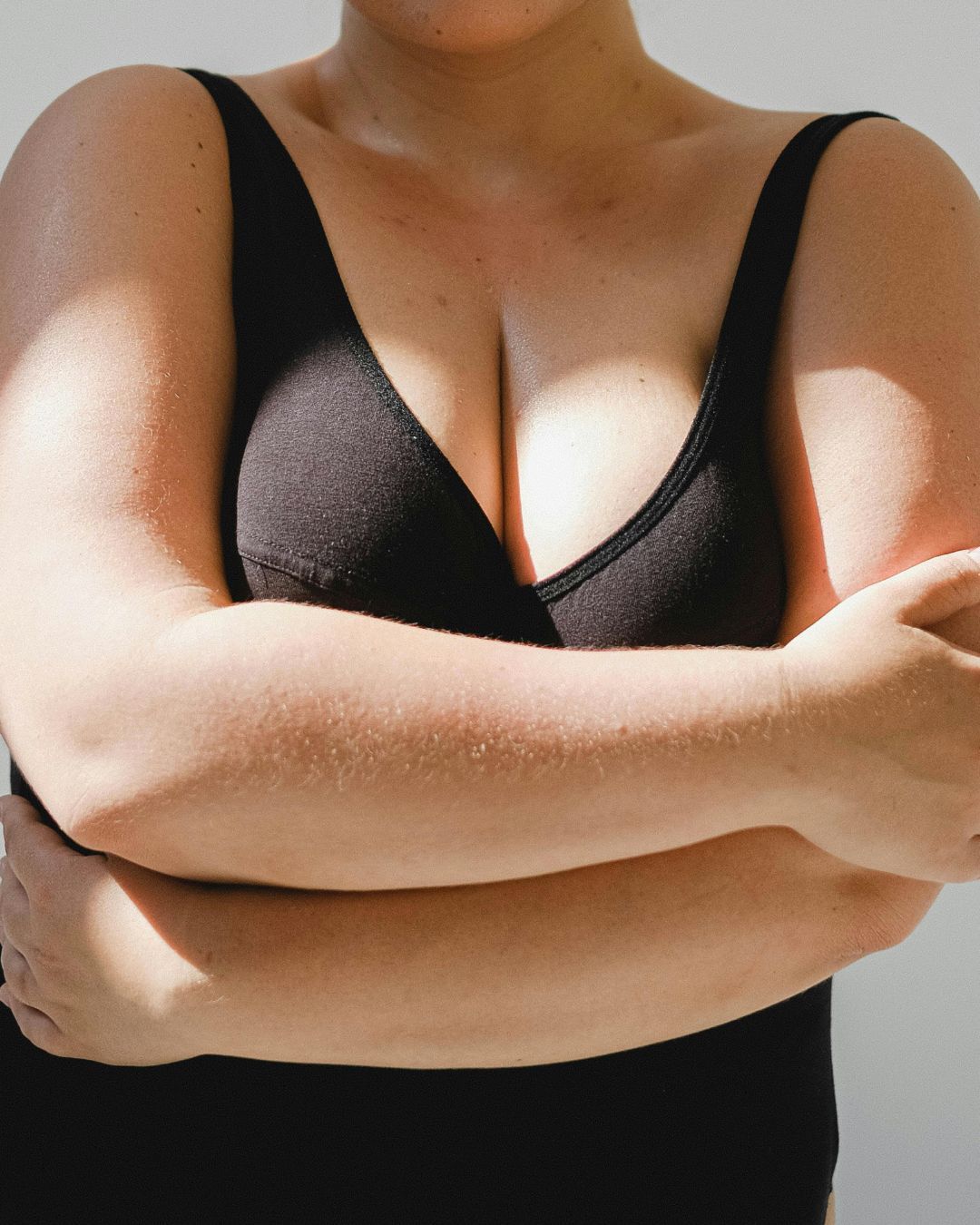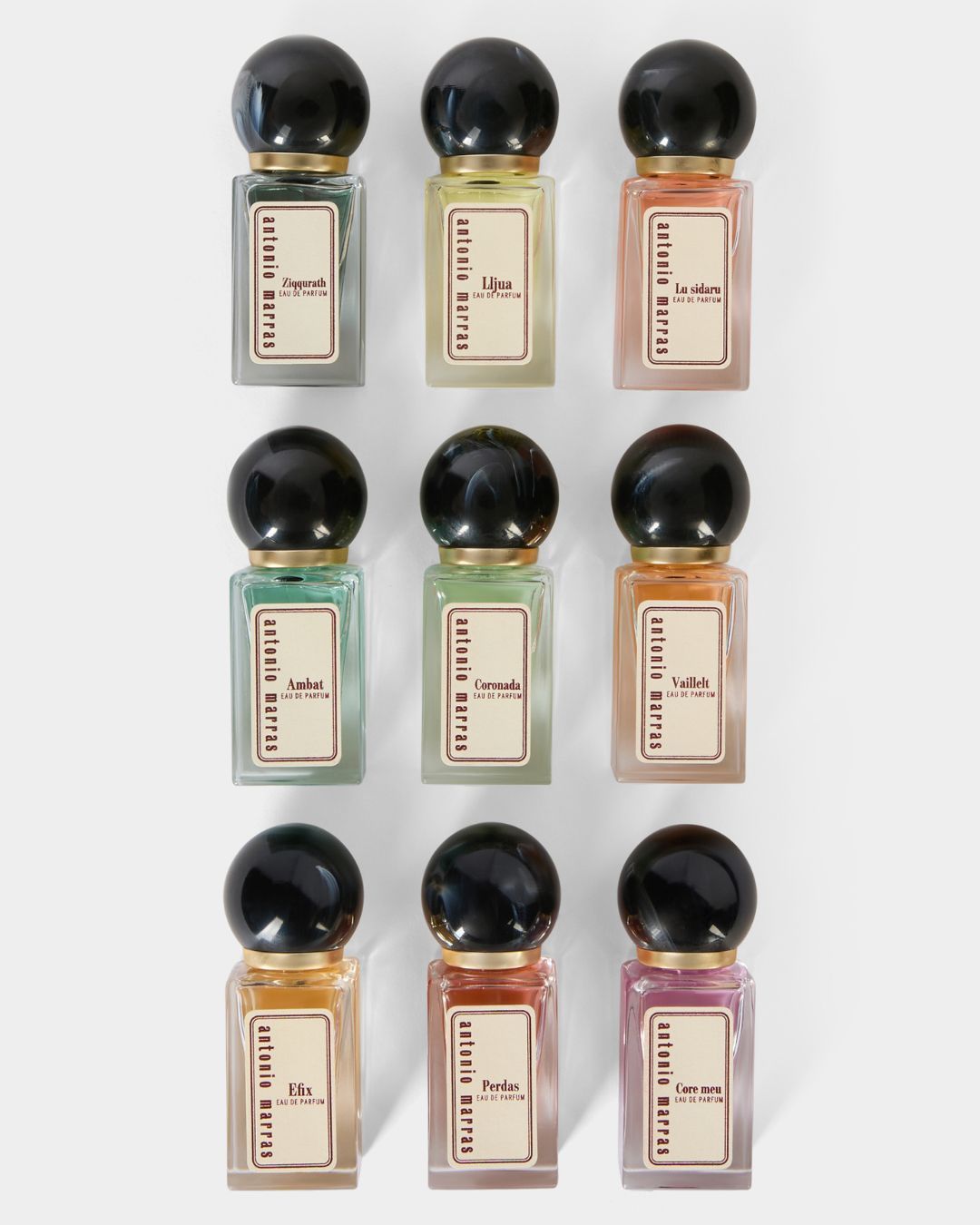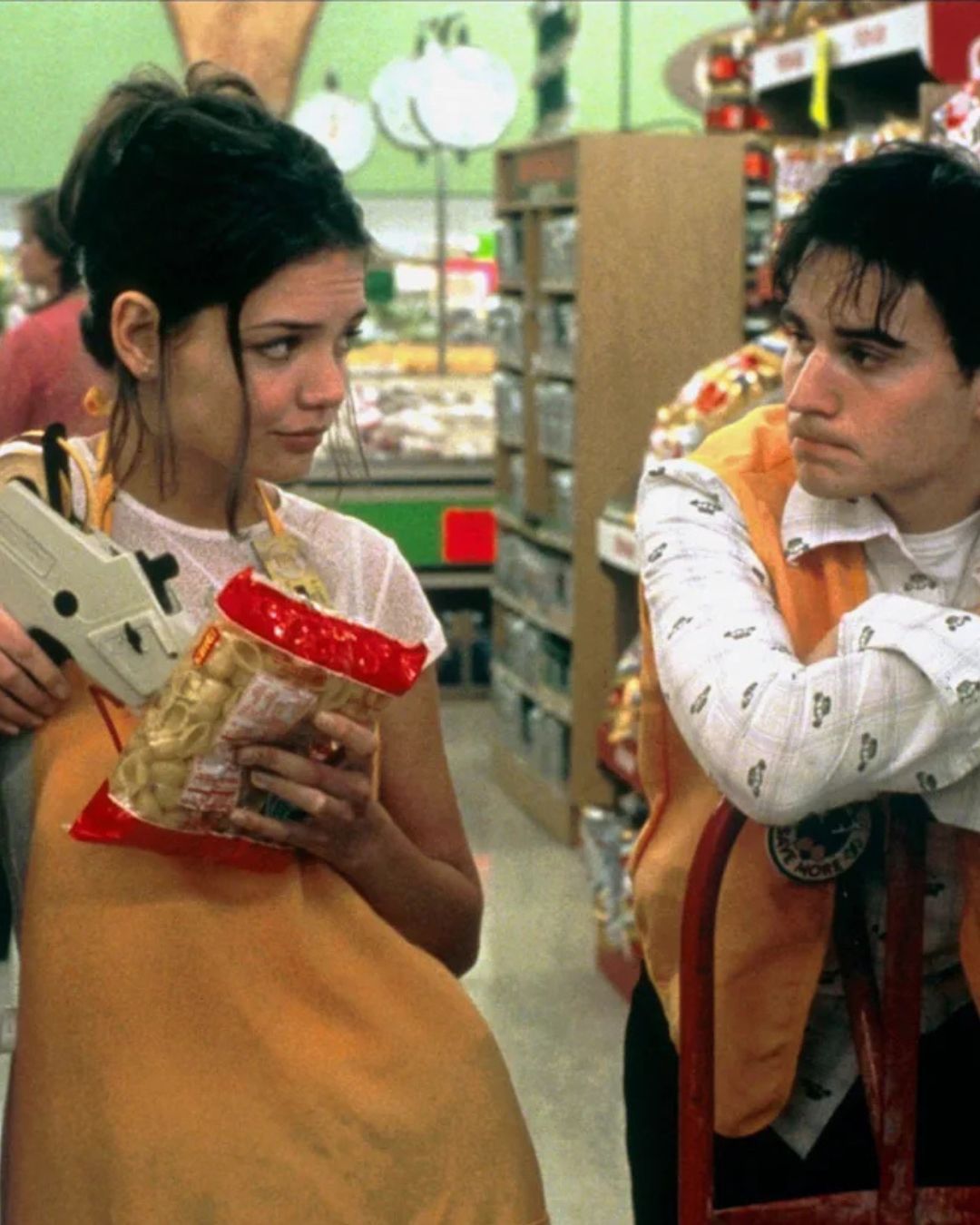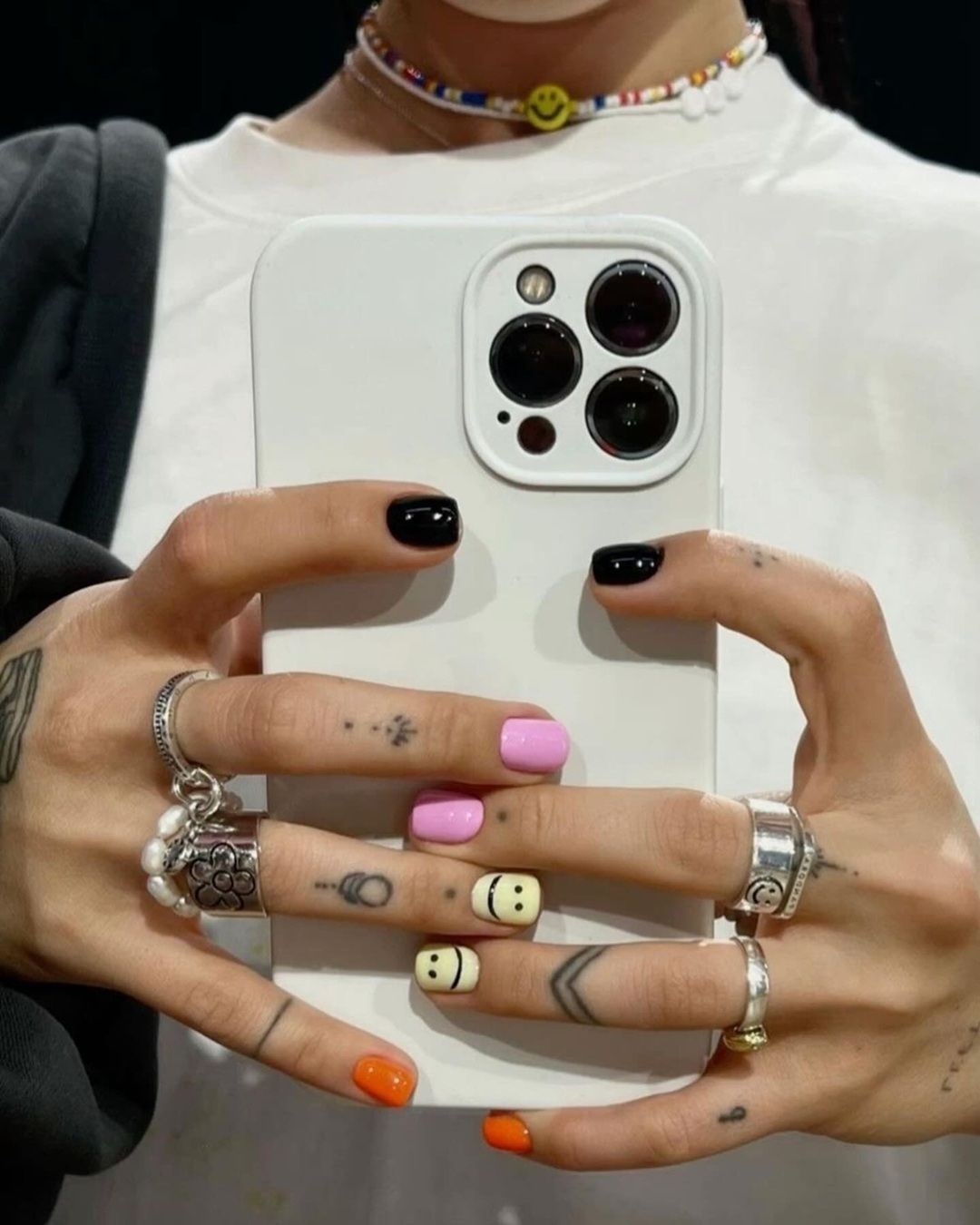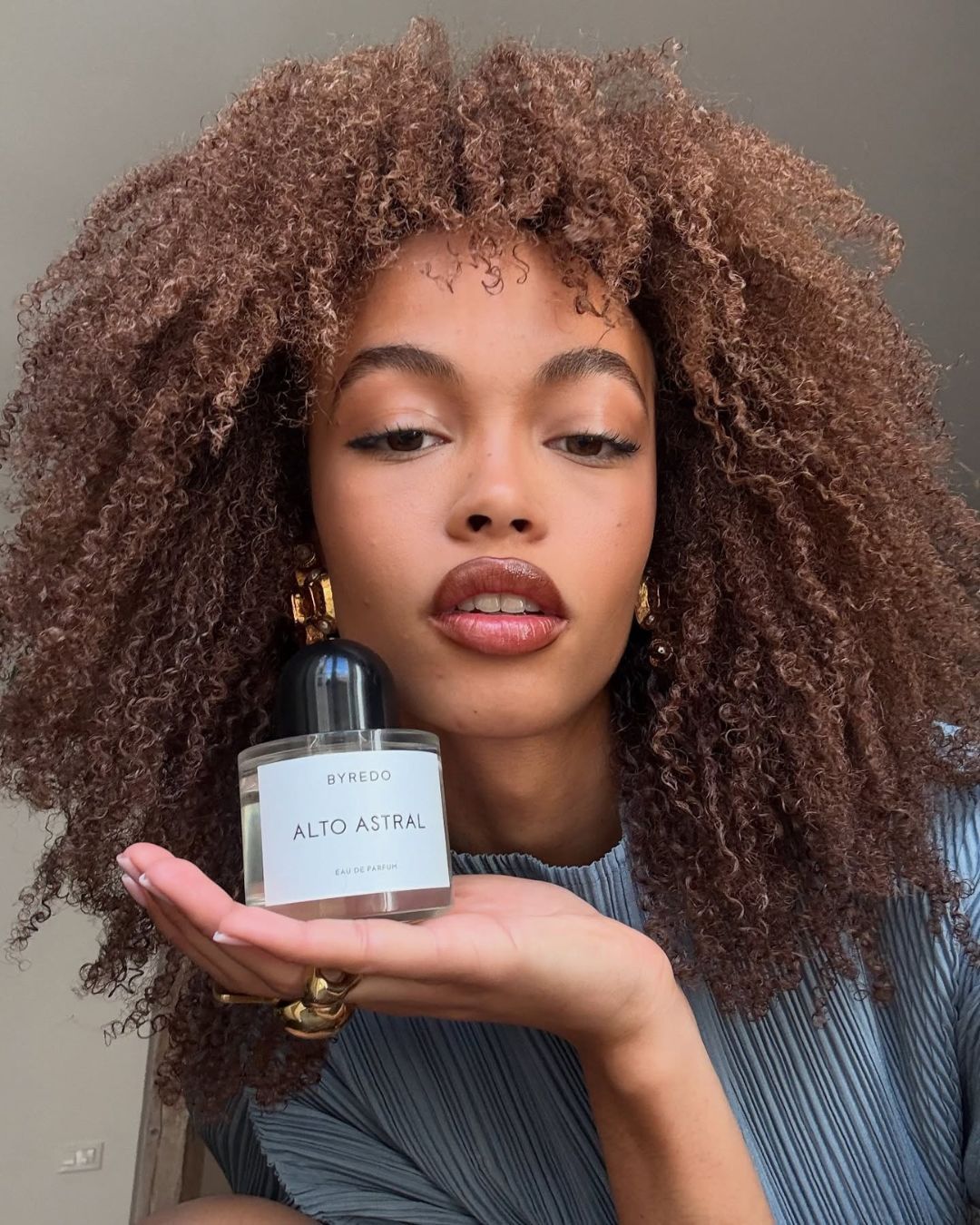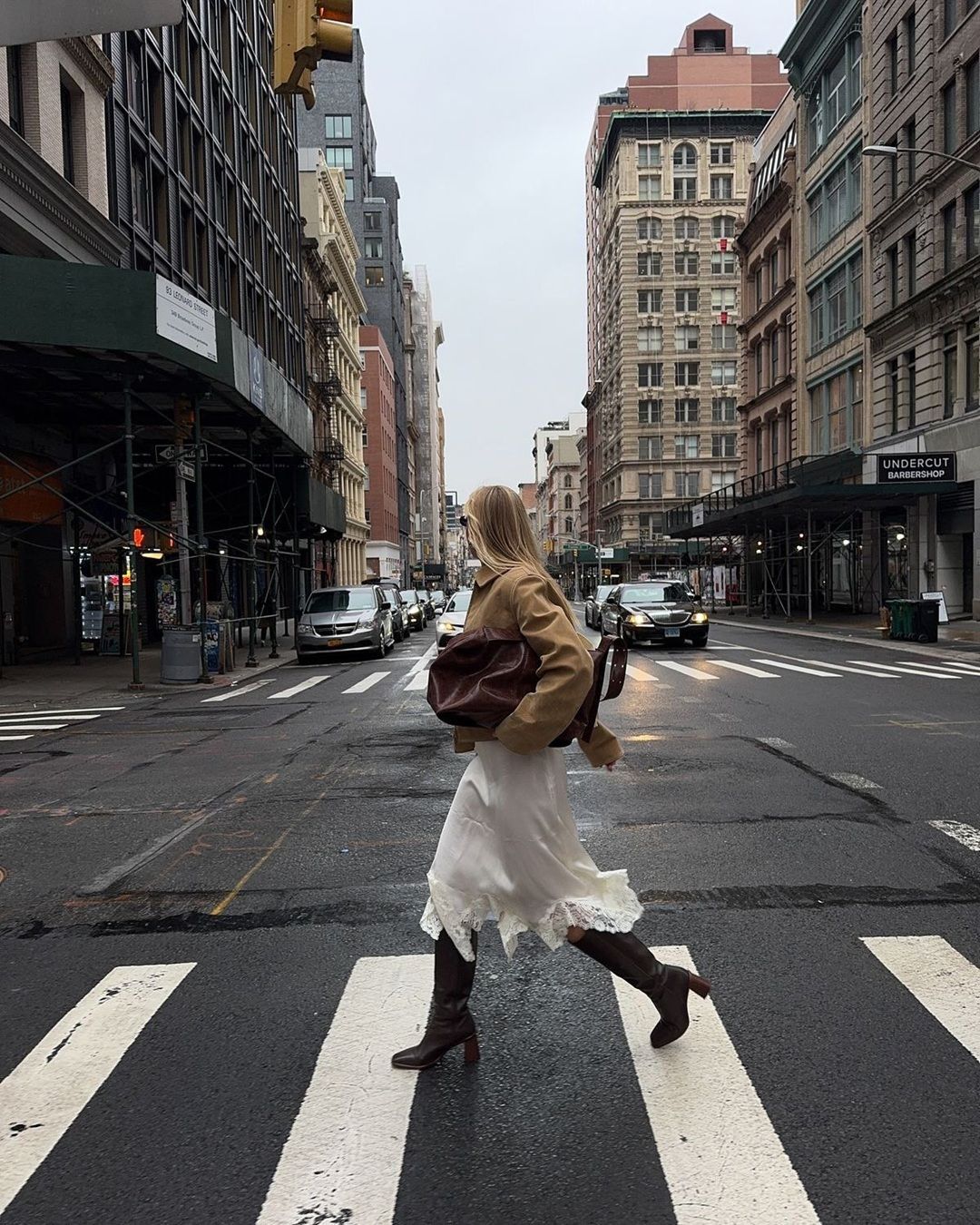
Mental health comes through hair care Going to the hairdresser is (almost) like going to therapy
When I was little, my mother always went to the same hairdresser. Her salon was in the countryside, just outside the town, in the early 2000s. You can imagine the amount of layered cuts, blonde and red highlights, tufts on top of the head, and hairspray. However, that place seemed very beautiful to me. The girls working there always had looks that I found beautiful, eccentric. It smelled of products, was always warm, and the noise of the hairdryer could never drown out the chatter. Everything was discussed: hair, families, friends, clothing and beauty, future plans and vacations, and, above all, gossiping. Endless gossiping, and not even with malicious intent: they simply talked about others. Later, I changed a million salons for a million impulsive cuts and more or less foolish colorings. What remained for me, though, was the ritualistic component of the hairdressing experience. The appointment, the greetings, the neck-hurting sink, the cold or hot water, the coffee, the questions, the products, and the creams. I no longer had a regular hairdresser, but it's nice to know that wherever I go, with due differences, the ritual remains the same.
The Beauty Therapy (and More)
For some people, however, it goes beyond a feeling of reassurance found in a always the same ritual. There are, for example, women who do not want to leave their trusted hairstylist and even move to another region to cut, color, and style their hair with him, scheduling appointments during holidays, between a family lunch and another. There are those who, over the years, have developed a real friendship, and every session in the chair with the cape on their shoulders is almost equivalent to a therapy session. The connection between physical and mental well-being, and between self-care and psychological serenity, is certainly not new. Already in 2012, psychologist Seth Meyers observed it in an article written for Psychology Today in which he tried to understand why it is so easy for us to confide in our hairdressers. According to him, there were three main reasons: firstly, the fact that we are not facing the person we are talking to, so it is easier to say difficult things and receive feedback; the second is that we are afraid to go deep, and a chat with the person who does our hair remains superficial in any case; the third is the simplest of all: because hairstylists are fun and make us feel comfortable.
The PsychoHairapy Experience
Dr. Afiya Mbilishaka, who has always combined the study of clinical psychology with hair care (her own and others'), decided to take a step forward, merging the two and founding PsychoHairapy, a global movement for mental health and hair health. The concept is very simple: train hybrid figures of assistants and hairdressers who, by taking care of women's hair (with a particular focus on black women, who are often discriminated against for their hair or have difficulty finding a professional who knows how to manage it), also take care of their mental well-being. Thus, a new professionalism is born, assisted by specific and continuous training and, in turn, by targeted psychological assistance. Because it's harder to take care of others when no one takes care of us.
@ruthyandthebrain Im teaching my daughter to listen to her body & take care of her mental health. #girltok #badhairday original sound - Ruthy
The Benefits of a Hybrid Approach to Outer and Inner Care
This psychological approach to self-care is also applied in hospitals, where for years sick women have been "gifted" beauty treatments, hair styling, and massages, and it is proven to have a positive effect on our well-being. Now - as more and more associations, courses, and entities arise that want to deal specifically with this intersection between hair and mental well-being, training professionals, and opening specific salons - it assumes a double function. Not only does it make us feel better, but it could serve as a facilitated and personalized gateway to a psychological care path, which is not only simple but easy to undertake, in a holistic and community approach to personal care to promote and deepen.




